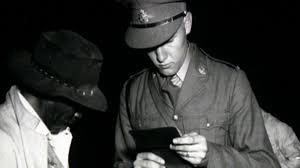Why Was the Pass Law Passed in South Africa?
Skip to content
Skip to footer
Why Was the Pass Law Passed in South Africa?
Why Was the Pass Law Passed in South Africa?

